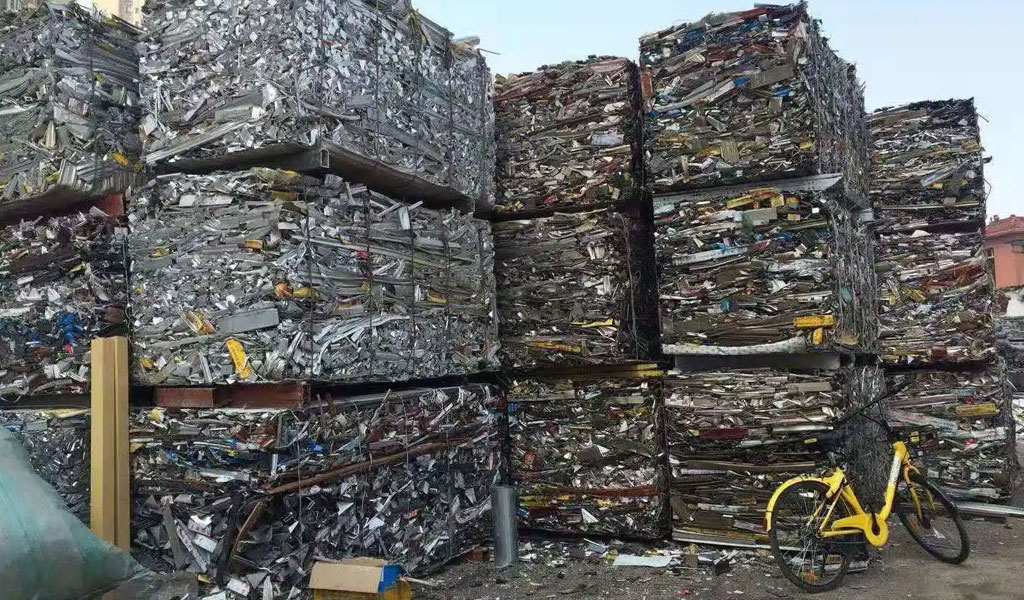
More and more car manufacturers are replacing the steel used in the manufacture of their vehicles with aluminum and this is due to the great resistance, ductility, malleability and durability of this material. In the 1990s, brands such as Jaguar, Land Rover, Audi or BMW already opted to include aluminum among the raw materials used to produce their models, although Ford was the first company to use recycled aluminum in the manufacture of its trucks. Ford F-150 .
The use of recycled aluminum in the manufacture of vehicles has a double benefit. On the one hand, it helps reduce the weight of cars and thus reduce fuel consumption. In addition, the use of virgin raw materials in the manufacturing process is also reduced since these are replaced by recycled aluminum , being of great help to the environment.
Currently, 75% of the aluminum manufactured 100 years ago is still in use and this allows many products of a different nature to continue to be manufactured without the need for mining the material with which the alloy is obtained (bauxite). This fact has led to a reduction in energy costs derived from the extraction of minerals, since aluminum has a long useful life that allows it to be reused as many times as desired without losing any of its properties.
Simple recycling process and increased demand for recovered aluminum
Today, aluminum recycling is a fully standardized and profitable activity, providing various environmental, social and economic benefits. Due to the extraordinary properties that recycled aluminum maintains, it is estimated that demand will triple in less than 10 years, especially from car manufacturers and other vehicles used for transporting people or goods.
For this reason, aluminum suppliers, together with companies in the automotive sector, are developing new aluminum alloys and investigating ways to increase their resistance, achieving the necessary malleability in this type of new applications. In a large part of these new alloys, recycled aluminum is used because it is the material with one of the highest recovery rates on the market , given the impetus given by the European Union to increase the collection and recycling of recycled aluminum containers, in Spain we have already recovered up to 66% of the aluminum that is marketed through containers and specifically in 2015, we managed to recycle almost 28,000 tons of aluminum containers, according to data fromARPAL (Aluminum Recycling Association) published in this article in El Economista .
Since recycled aluminum does not lose any properties or age, its demand is increasing over primary aluminum and not only in the automotive industry but in any type of production process that uses this material. However, we are still far from covering 100% of the aluminum needs with material that comes from recycling , since currently 70% of what is used comes from the extraction of bauxite.